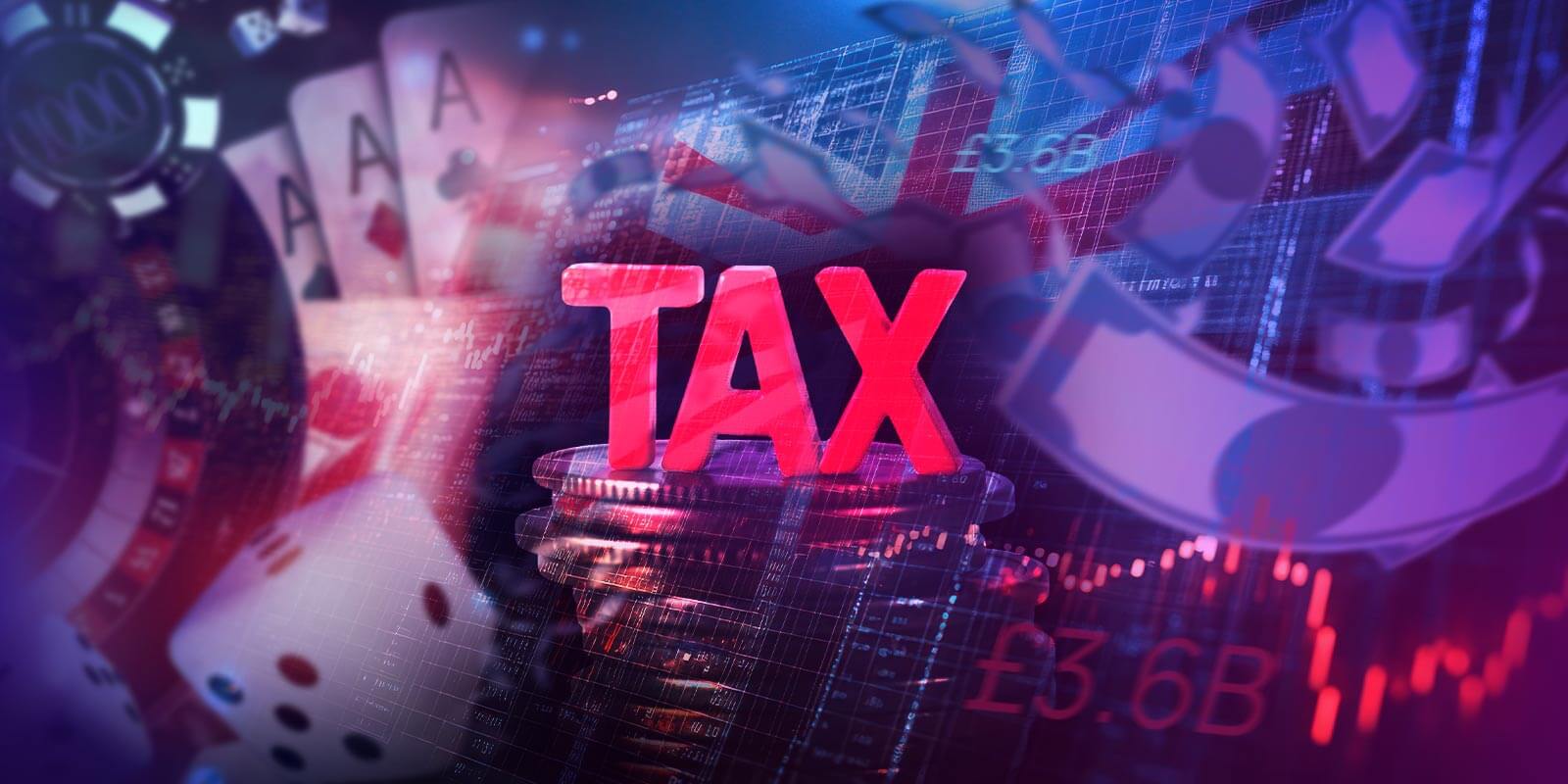Gambling Industry Contributes £3.6 Billion to UK Tax Revenue

Affiliate Disclosure : We earn a commission from partners links on BetterGambling. Commissions do not affect our editors' reviews, recommendations, or ratings.
It sounds like success: £3.6 billion in tax revenue, paid by the gambling industry to the UK government. Headlines frame it as proof of economic value, a partnership between operators and the public purse. But when you’ve seen how that number is built and who funds it, it stops sounding like progress.
£3.6 Billion on the Books, But Who’s Really Paying It?
On the surface, the headline sounds impressive. The gambling industry added £3.6 billion to UK tax revenue last year. You might hear that and think: stability, growth, legitimacy. But dig just one layer deeper, and that figure tells a very different story, especially if you’re the one placing the bets.
That £3.6B wasn’t plucked from corporate reserves. It came from your wagers, your losses, and your loyalty. Every bonus claimed, every spin played, every accumulator that just missed, it all adds up. And while the number props up national budgets, it also hides a more uncomfortable truth: the state now depends on gambling losses to fund public services.
Where the Money Comes From and Why It’s Not All Equal
Not all parts of the gambling industry contribute the same way. Most of that £3.6 billion comes from online gambling, particularly remote casinos and betting platforms, not the local bookie down the street.
The key tax channels include:
- Remote Gaming Duty (21%), paid by online casinos
- General Betting Duty (15%) from sportsbooks
- Machine Gaming Duty: from land-based slot machines
- National Lottery Duty
- Corporation tax and license fees
But here’s what no press release says out loud: the most lucrative segments, online slots, high-frequency sports betting, are also the ones most likely to draw in players who can’t afford to lose.
So yes, £3.6 billion was paid. But it wasn’t distributed evenly. It was piped from specific types of gameplay, often optimised to keep you spinning.
Public Trust vs Public Cash. What’s the Real Cost?
The government is caught in a paradox: protect people from harm, or protect the income that harm produces.
Sure, £3.6 billion helps plug holes in national finances. But at what point does the funding model start looking too much like a trade-off? You fund mental health support on one hand, with taxes taken from the behaviour that creates those very problems.
And when that dependency grows too quiet, too normalised, you stop asking hard questions about whether this ecosystem should look the way it does. But we’re still asking.
Sources Used & Further Reading
- https://www.thetimes.com/business-money/money/article/betting-gambling-industry-uk-taxpayer-cost-g37twc5lj#:~:text=In%20purely%20financial%20terms%20the,%C2%A31.7%20billion%20a%20year.
- https://obr.uk/forecasts-in-depth/tax-by-tax-spend-by-spend/betting-gaming-duties/
- https://www.thecanary.co/discovery/money/2025/02/03/how-uk-gambling-companies-contribute-to-government-tax-revenues/
- https://www.gamblingcommission.gov.uk/statistics-and-research/publication/industry-statistics-november-2024-official-statistics
Recommended from BetterGambling

Gaming Corps Lands MrQ and Buzz Bingo Deals: Major UK Casino Content Expansion
The Swedish gaming company Gaming Corps made two big content deals this month that will help it get a bigger share of the UK market in December 2025. These arrangements added its catalogue of slots and instant-win games to the MrQ and Buzz Bingo platforms, which together serve over one million British players. The company, […]
1 month, 4 weeks ago2 min
Football Betting Market Size & Trends in the UK: 2025 and Beyond
Online sports betting in the UK pulls in £2.4 billion a year. Add land-based gambling and the total jumps to £15.6 billion. Betting isn’t just a trend anymore. It’s part of everyday life. Latest UKGC data shows 9% of the country’s bets are online. That’s nearly 6 million people placing around 290 million bets each […]
1 month, 4 weeks ago6 min casino-guides
casino-guidesUltimate Guide to UK Casino Wagering & Game Contributions
Casino bonuses in the UK might look like easy money, but once you’ve claimed one, you often realise there’s more to it than meets the eye. The main catch? Wagering contributions. Not all games help you clear the bonus equally. Why? Some barely count. Others don’t count at all. At BetterGambling UK, we’ve worked inside […]
1 month, 4 weeks ago6 min
How to Clear Blackjack Bonuses Without Getting Flagged or Banned by Casinos
You found a tempting casino bonus and you’re ready to play some blackjack with it. But not so fast. Most players don’t realise that blackjack, despite being a staple table game, is one of the riskiest picks when it comes to bonus wagering. The catch? Online casinos closely monitor how you wager bonuses on blackjack. […]
2 months, 2 days ago5 min Casino Blogs
Casino BlogsI Deposited on Five New Sites Just to Compare How They Treated My Data
I signed up at 5 new casino sites, deposited the same amount, and played the same way, all to answer one question: How fast do online casinos track, profile, and act on your data? What I found wasn’t just aggressive marketing. It was real-time behavioural profiling, subtle pressure tactics, and data systems that knew more […]
2 months, 3 days ago5 min